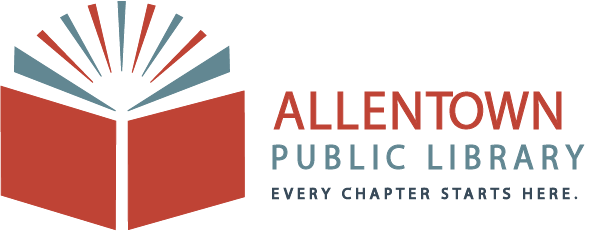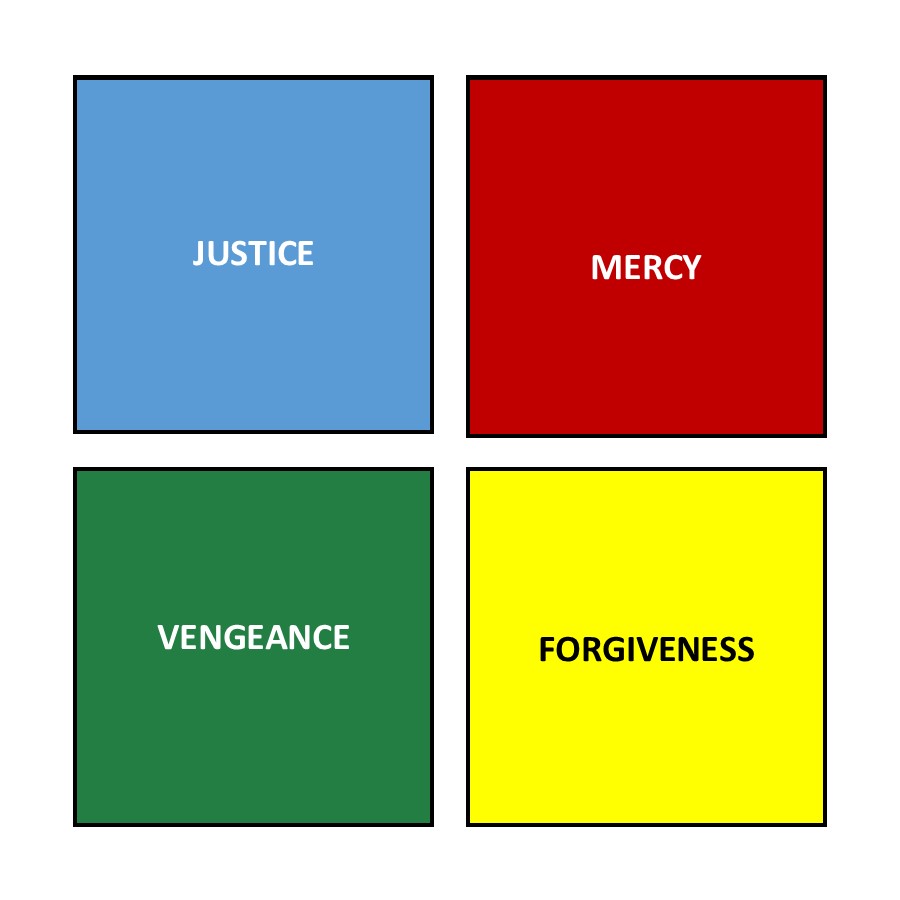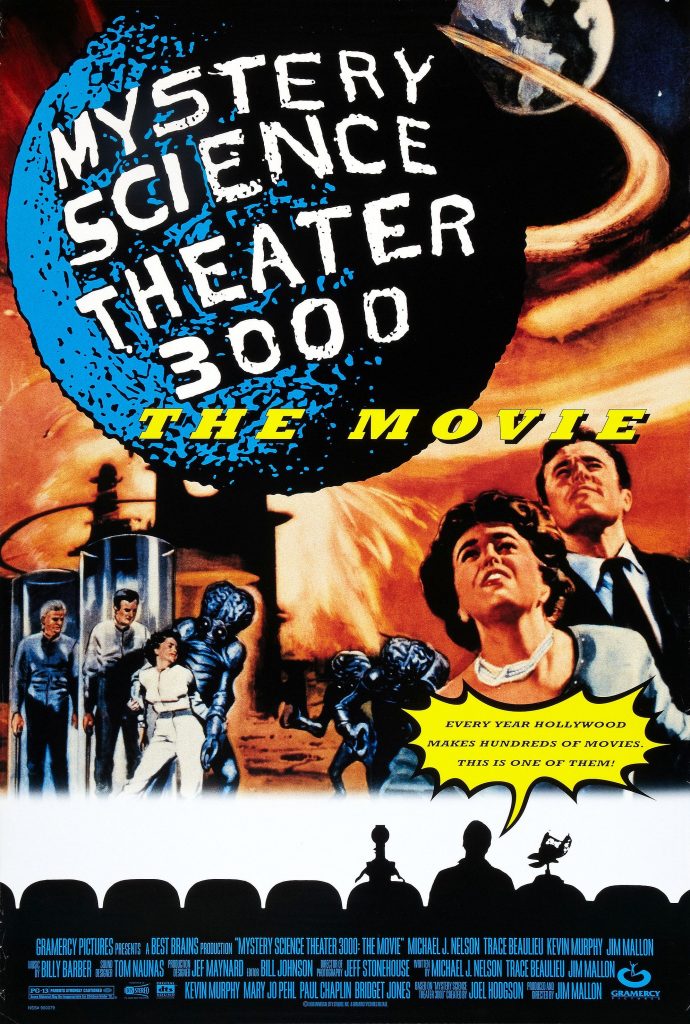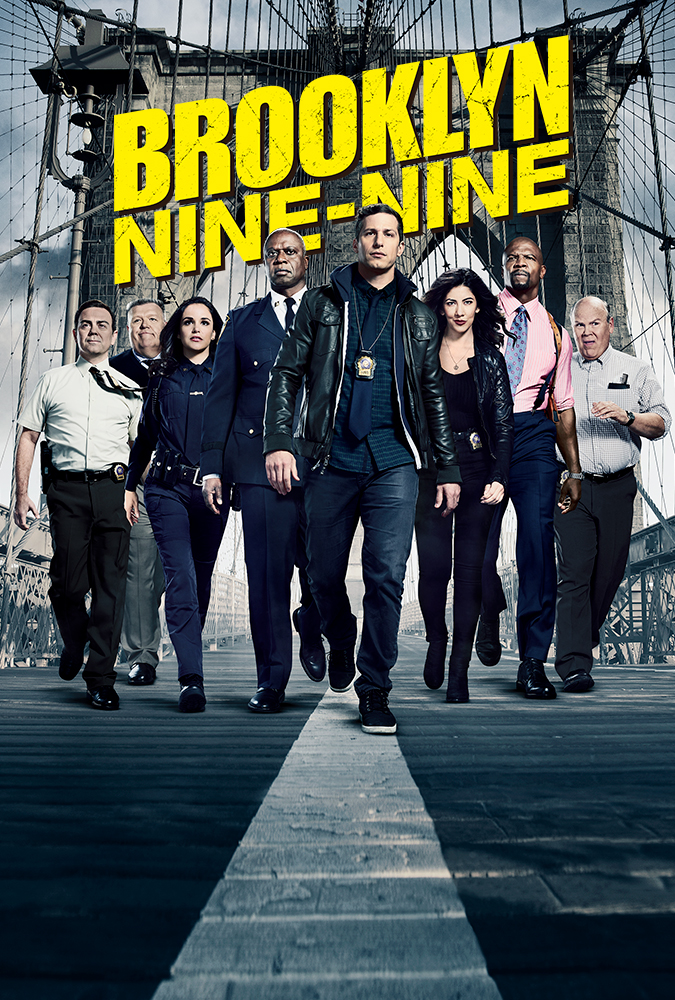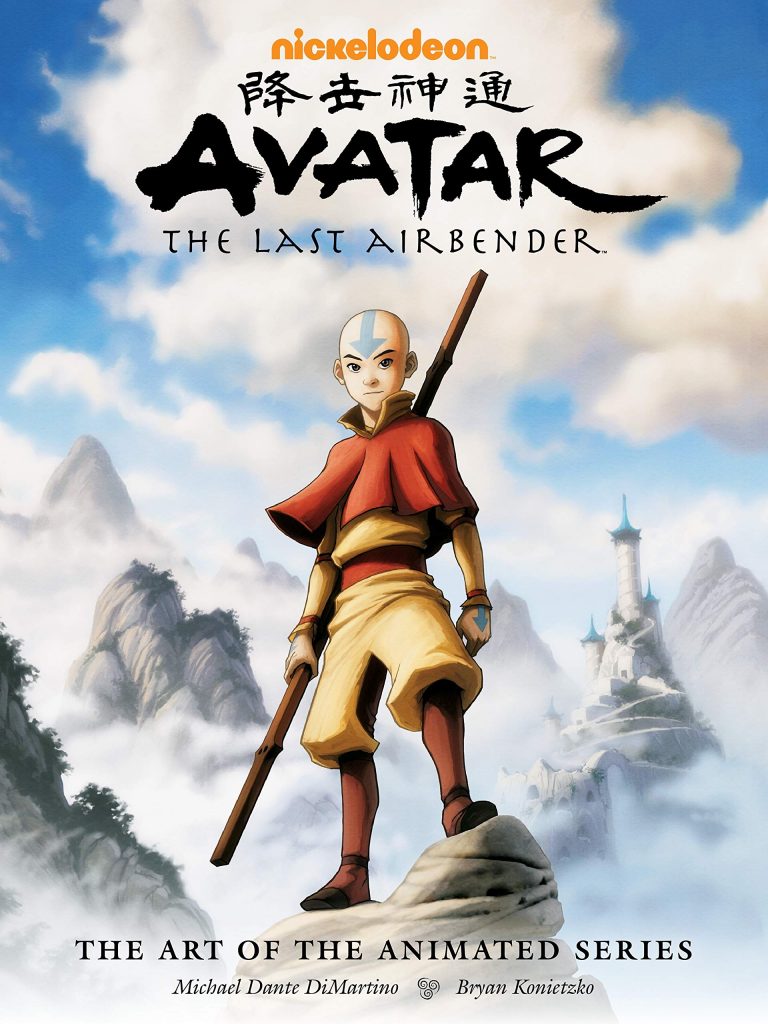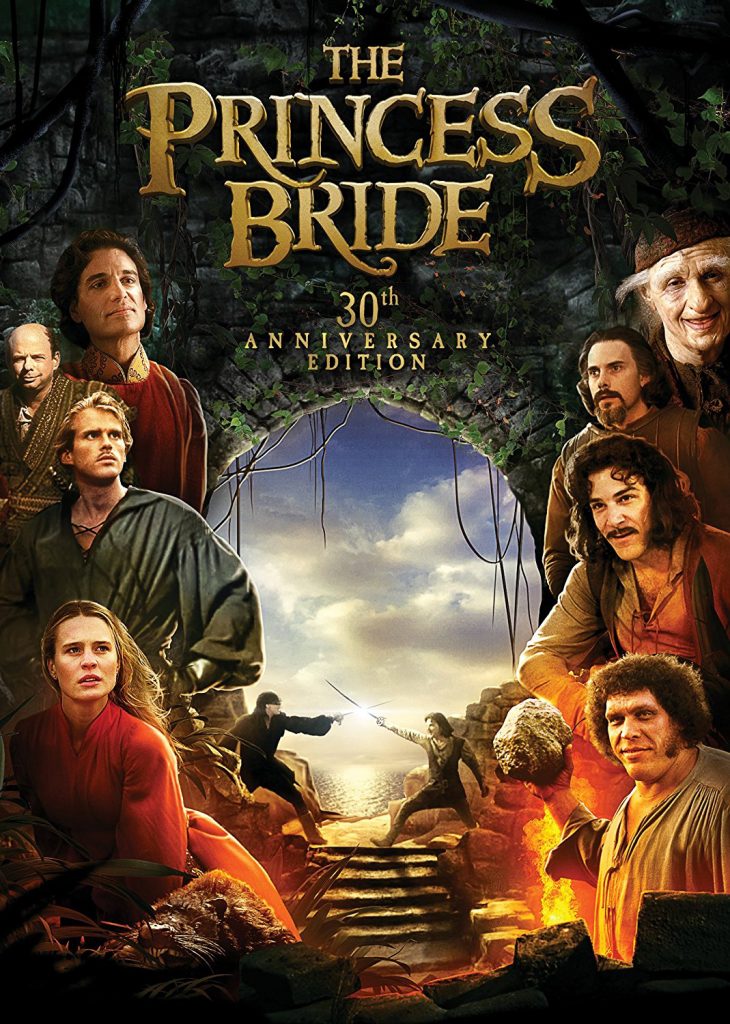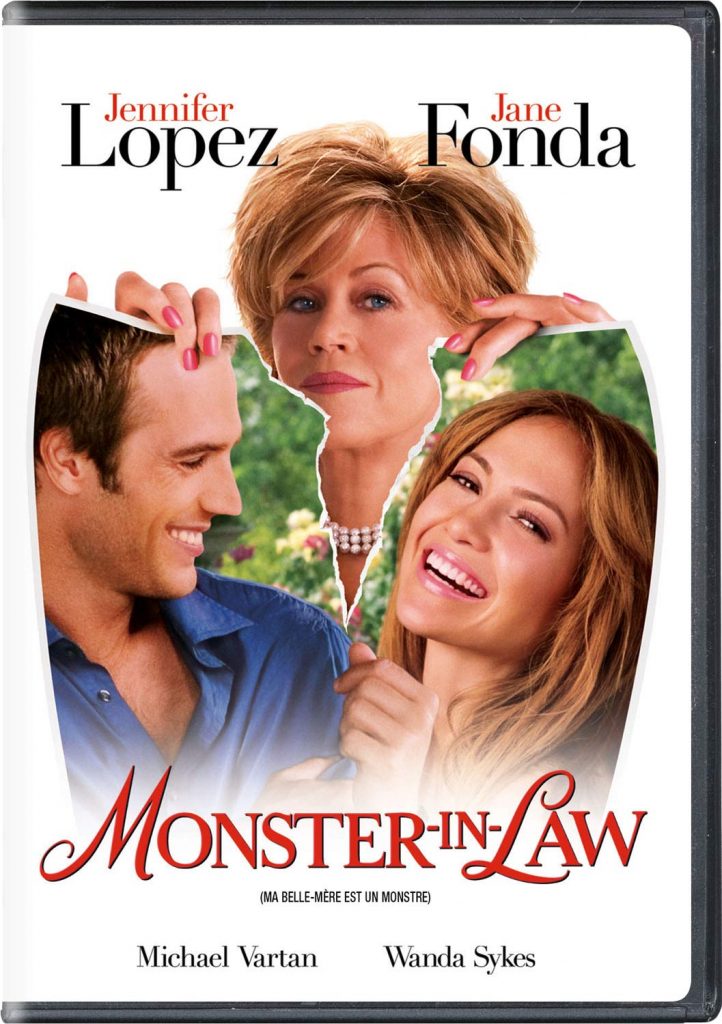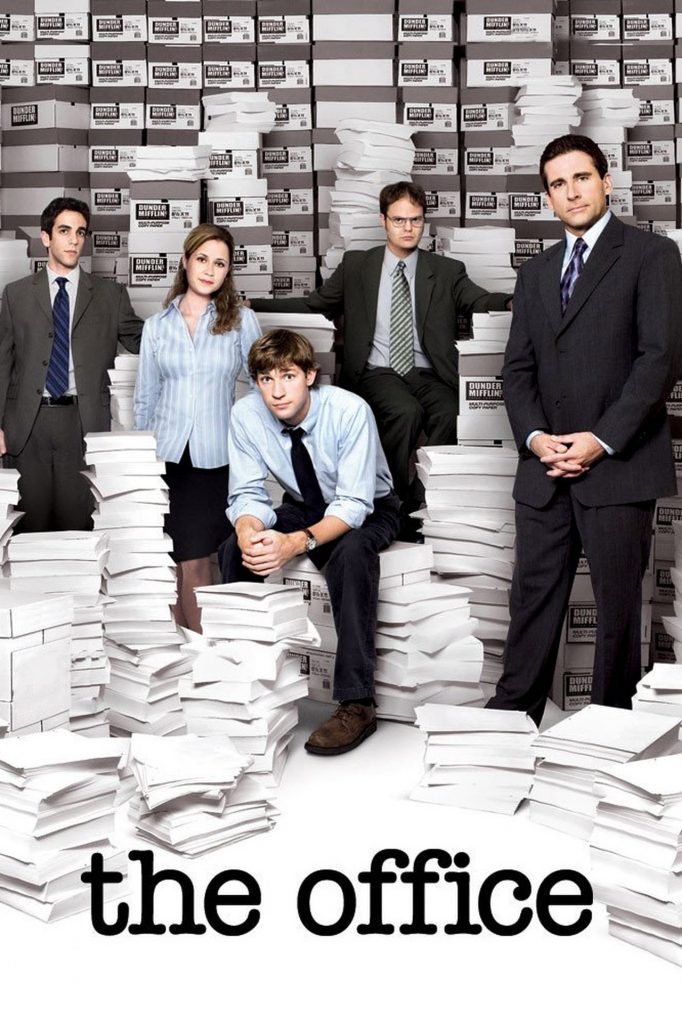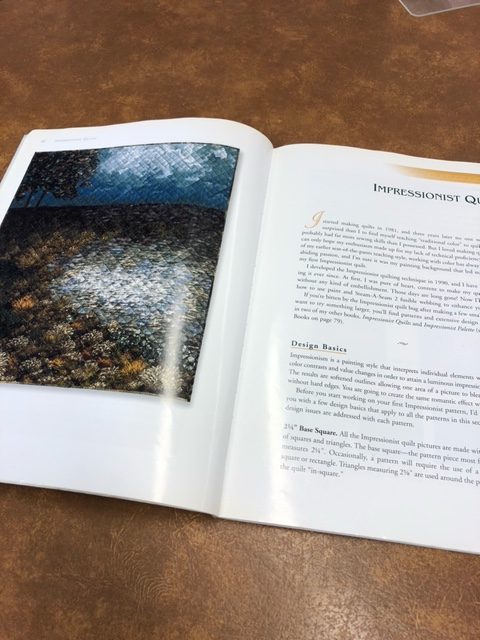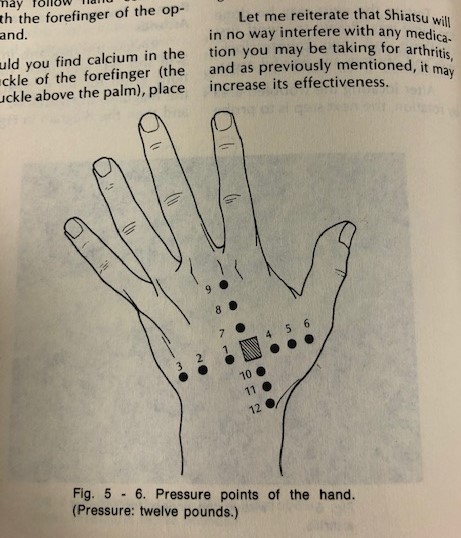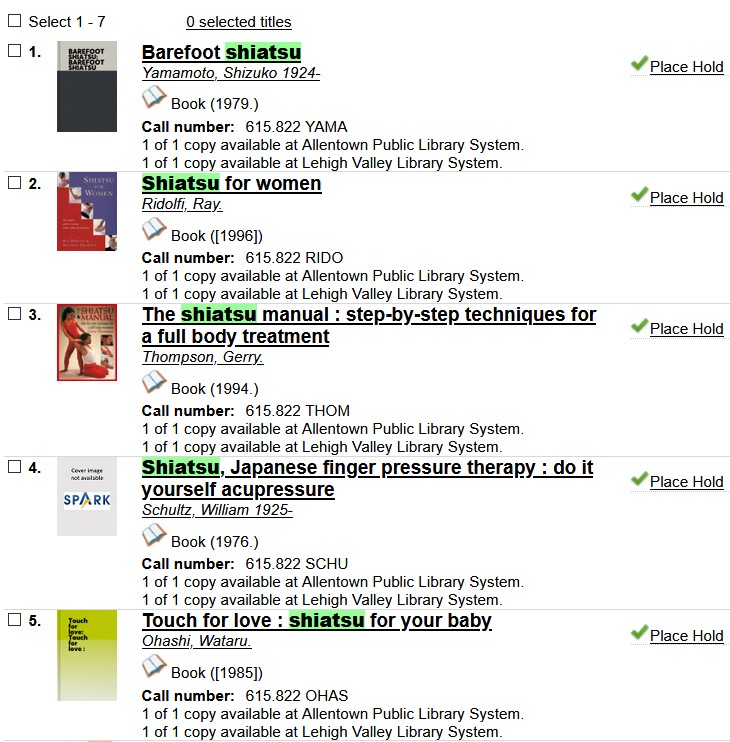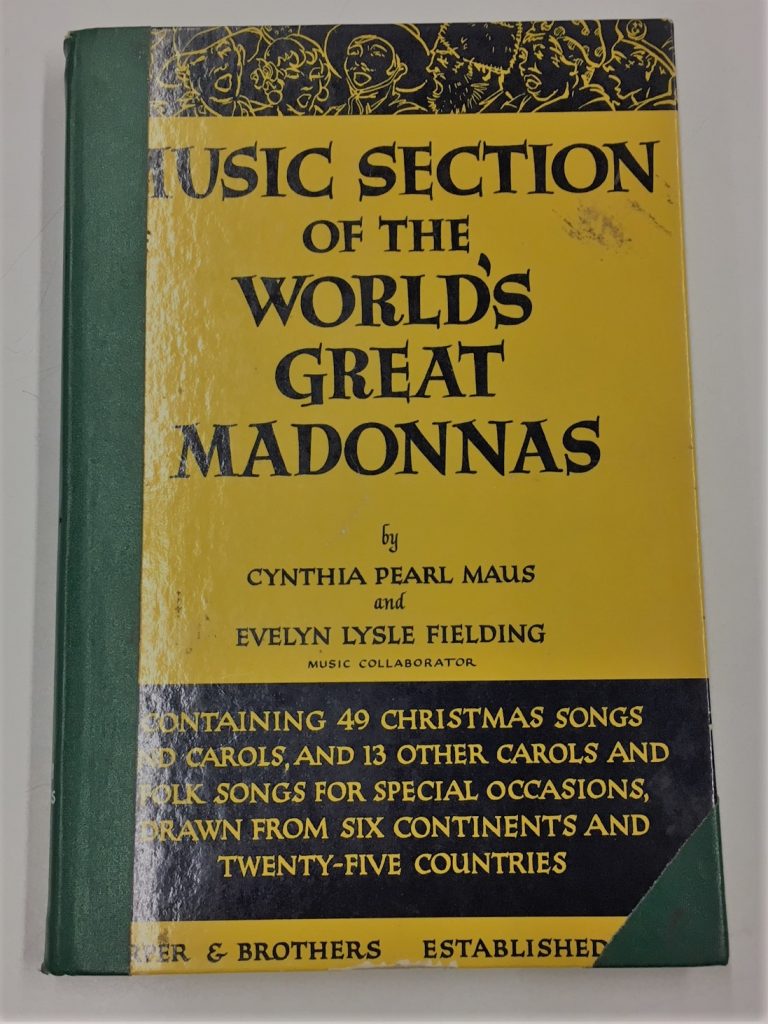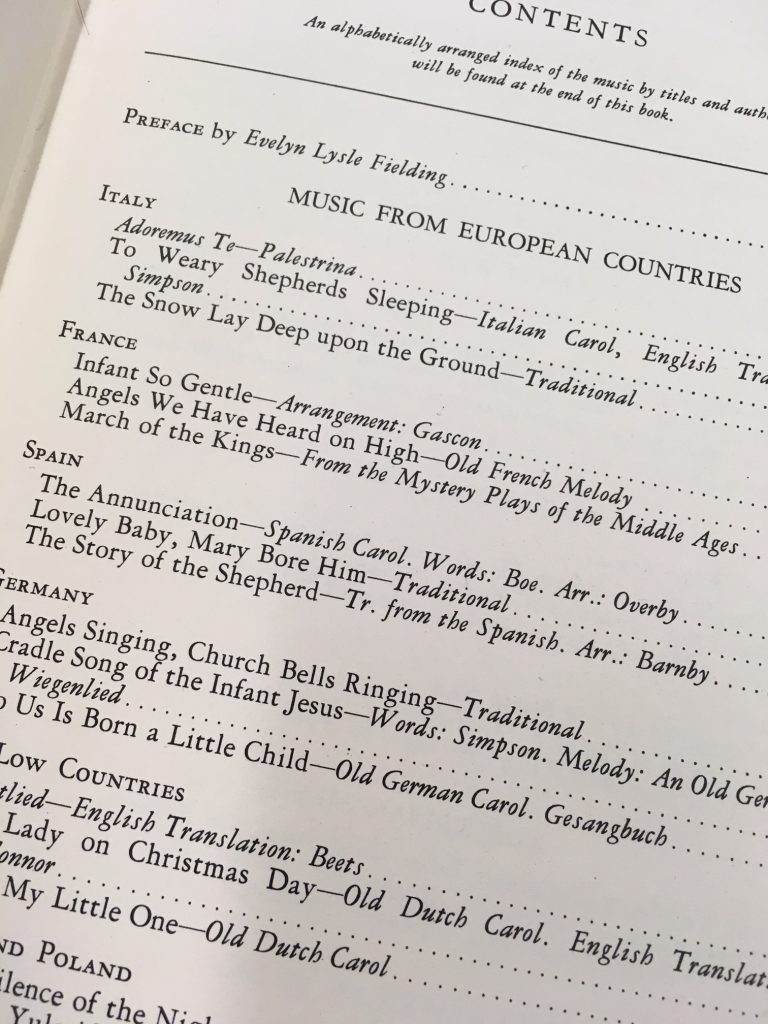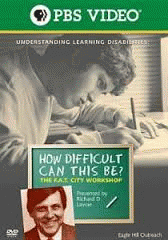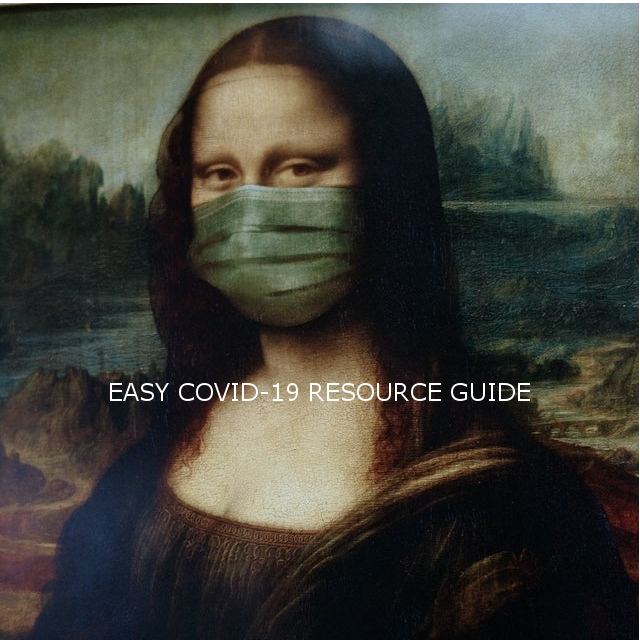Question: Does justice equate with vengeance and does mercy equate with forgiveness?
At the latest Socrates Café meetup we addressed this timely question. Though it’s two questions merged into one, the feeling (according to the one who submitted it) is that this question reflects two sides of the same coin.
Initially, one participant suggested that when feeling that one has been wronged, vengeance is individualized. If you are wronged, vengeance says, “You cannot treat me this way!” The reward for enacted vengeance may be that the actor is then feared or even respected. On the other hand, justice must be enforced by the state as it says, “You may not treat anyone this way.”
Justice is supposed to give power to the powerless, though one expressed the concern that sometimes justice is twisted to the point that it becomes vengeance. Laws are designed to maintain civil society, though the laws themselves depend on the culture in which you live; a democracy, an aristocracy, dictatorship or another form of government. Democracies, it was pointed out, have been instituted to usurp powers of kings and emperors.
We looked at mercy and forgiveness as being different from justice or vengeance. If you are a reasonable person responsible for a child, you might mete out justice by punishing a child to discourage the child from repeating the offense. But you should be merciful in that endeavor, ensuring that the punishment fits the infraction.
Juries serve justice by declaring guilty one who has been proven criminally responsible and we rely on them to do so. Likewise, we then expect the court to sentence the person accordingly. Ideally, an imprisoned criminal would be shown mercy out of respect for both the person’s humanity and feelings. We acknowledge that cases of crimes against persons rather than crimes involving property present the heaviest burdens when it comes to mercy or forgiveness.
One patron mentioned the idea that justice and mercy are often institutionalized as in hospitals and in prisons.
An individual can show mercy but feel unable to forgive, or they may show both forgiveness and mercy. Justice is meant to be proportionate to the crime and bring repentance or repair so that a person can become a productive member of society. On the other hand, if the criminal is deemed too dangerous to society as a whole, some believe the ideal punishment would keep the person humanely incarcerated until such time as that is no longer the case, while others believe capital punishment would suffice. We acknowledge the many inequities that can occur when laws are ambiguously written or applied unequally.
There are always diverse and interesting points of view offered at the Socrates Café about the question of the day. We welcome anyone who enjoys listening to others’ point of view and sharing their own from time to time.
